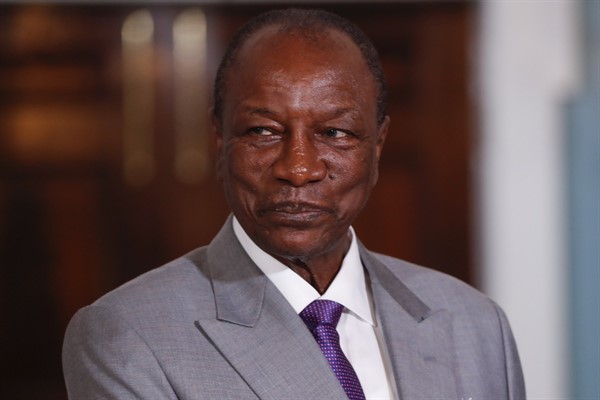As a college student in the United States in the late 1970s whose family had recently moved to West Africa, my studies focused on African politics, and I was particularly and irresistibly drawn in by the stories of the continent’s first generation of post-independence leaders.
Their narratives were almost mythic in their richness and power. There was the doomed Patrice Lumumba, a former postal clerk who had become the first prime minister of Congo, publicly lecturing the king of Belgium on the eve of Kinshasa’s independence from that country about the Congolese people’s will to dignity.
There was Ghana’s Kwame Nkrumah, who led his country to independence from Britain in 1957, ahead of the great wave of decolonization that would sweep the continent in 1960. Nkrumah was not content to merely lead his own, modest-sized country, though. The only true route to Africa’s liberation, he argued, lay in the unification of its many former colonies in a continental nation that would give it the geographical scale and wealth in resources to hold its own in a world dominated by U.S.- and Soviet-led blocs.

